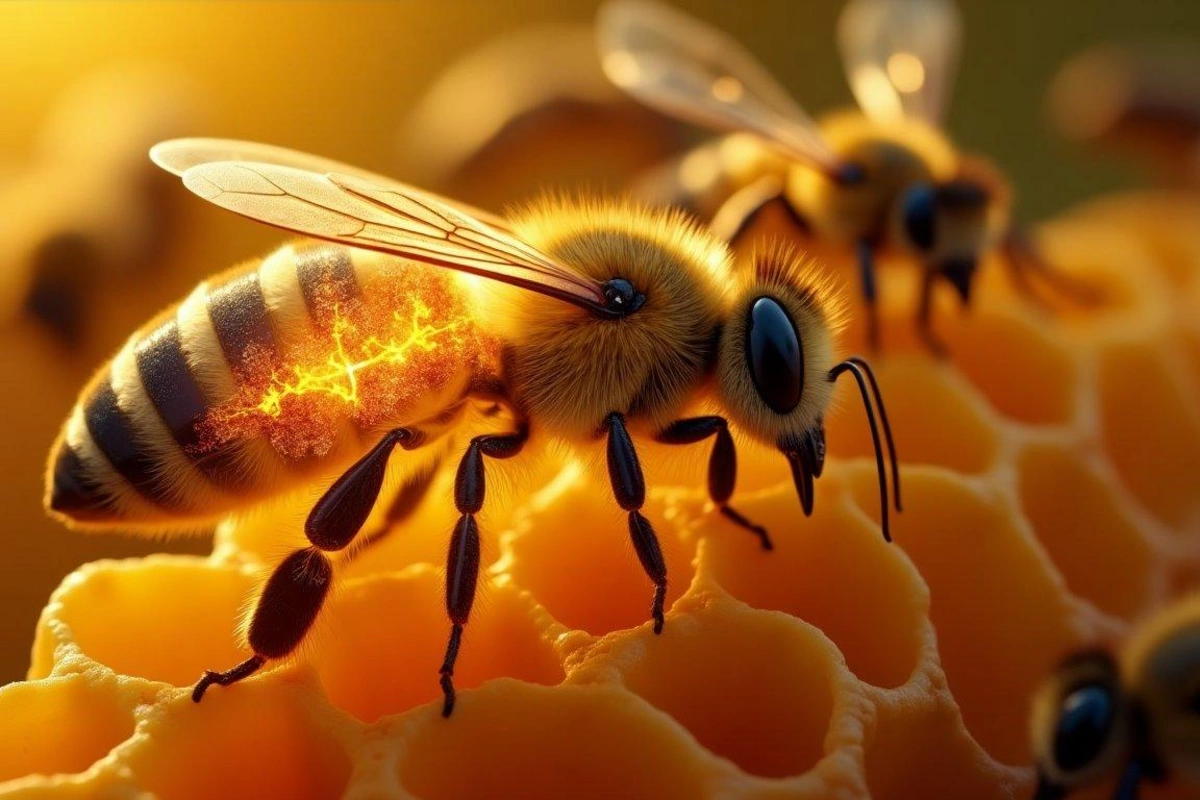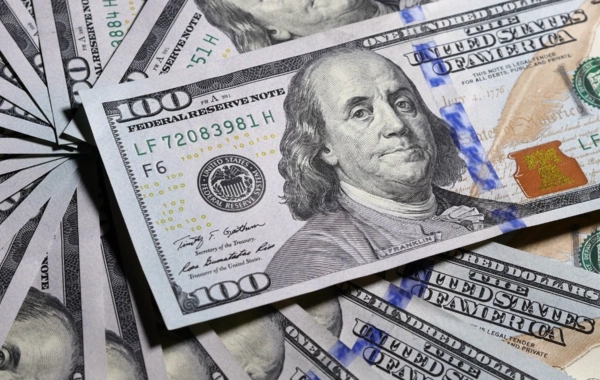Bees found to have a gene for collective behavior

Biologists from Heinrich Heine University Düsseldorf (HHU) together with colleagues from other institutions studied how the behavior of honey bees (Apis mellifera) is genetically encoded. They managed to identify a specific gene that determines an individual's interaction with other members of the community and its performance of an assigned role.
Behavioral interactions between organisms are fundamental and are often inherited. In the animal world, cooperation provides a great advantage in protection from enemies, finding food, and raising offspring.
In some species, such as honey bees, social connections are so strong that they constitute a single superorganism consisting of individual specimens. Social functions are finely distributed among thousands of insects in the hive. At the same time, each individual does not learn its behavioral repertoire but inherits it. Until now, it was not known how such a complex mechanism is genetically encoded.
Scientists discovered the dsx gene, which determines the behavior of these insects. It programs what tasks a bee will perform and for how long. For experimental confirmation, researchers modified or disabled this gene in selected individuals. They attached QR codes to them to track their actions in the hive using cameras.
The protein associated with the dsx gene was labeled with a fluorescent dye, which made it possible to see the neural circuits activated by this mechanism. This helped not only to notice differences in the behavior of modified and normal bees but also to understand what changes in neural connections caused the observed effects. In the next stage, scientists plan to study the superorganism of the family to identify the correlation between individual "programs" and coordinated interaction of individuals in the hive.

Similar News
Sweets are not an obstacle: the only blood type that is protected from diabetes
Scientists have identified a blood type whose carriers have the lowest risk of developing diabetes. As it turns out, people with type I (first) blood (also know...



 Azərbaycanca
Azərbaycanca  По-русски
По-русски  English
English 




